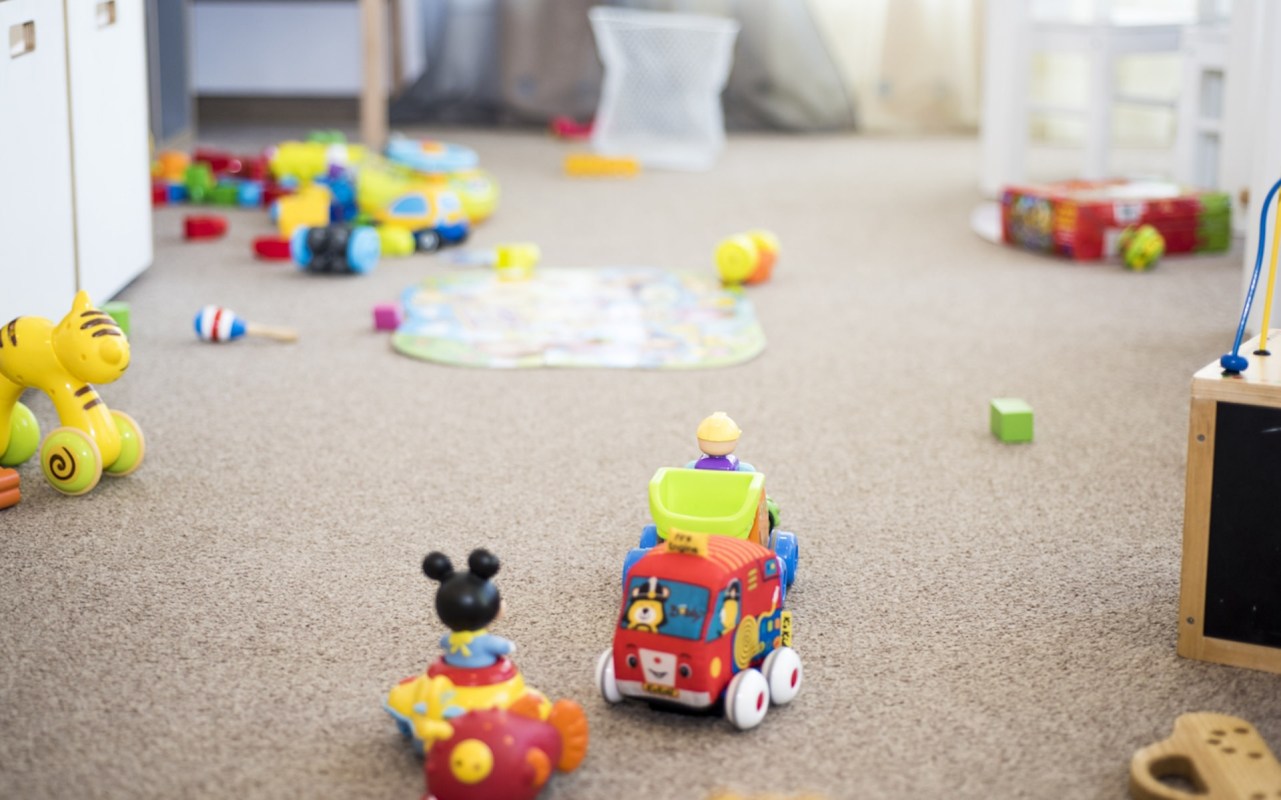Research conducted by experts in childhood development suggests that having fewer toys is beneficial for kids as it leads to deeper engagement with the toys they have, promoting creative thinking and flexibility.
As a bonus, buying fewer toys — which are often made out of plastic, come with excessive plastic packaging, and aren't recyclable — is a win for the planet as well.
It can sometimes be challenging for parents to balance their efforts to eliminate wastefulness with their desire to buy their children everything they need. However, as the research — summarized by the Washington Post — indicates, they can actually do both at the same time, by simply buying fewer toys.
In some cases, the best child-rearing strategy is to buy nothing at all.
"For older children, honestly, the best kind of play is to be outside in nature," Heather Kuhaneck, an occupational therapist and professor at Southern Connecticut State University, told the Post. "Children will make up their own games and fun with the things that they find. It prompts their creativity depending on what's available in nature that happens to be nearby."
The experts the Post spoke to recommended a three-pronged approach of rotating through different toys so that toddlers don't have access to everything all at once, buying toys that are not disposable and built to last, and getting your kids outside in nature (which is highly beneficial for adults as well).
If you already have an overabundance of toys — or if you have toys that your kid has outgrown — there are ways to get rid of them responsibly, including donating them to a local nonprofit, hospital, or homeless shelter. Some brands are ready to help, such as Lego, which facilitates used Lego bricks being donated to nonprofit groups through its Lego Replay program.
Many plastic toys end up causing pollution — an Instagram video showed a massive amount of discarded plastic toys that one young man scavenged from a local beach. By reducing the number of toys that we buy, disposable plastic ones in particular, we can help our kids and the planet at the same time.
Join our free newsletter for easy tips to save more, waste less, and help yourself while helping the planet.









